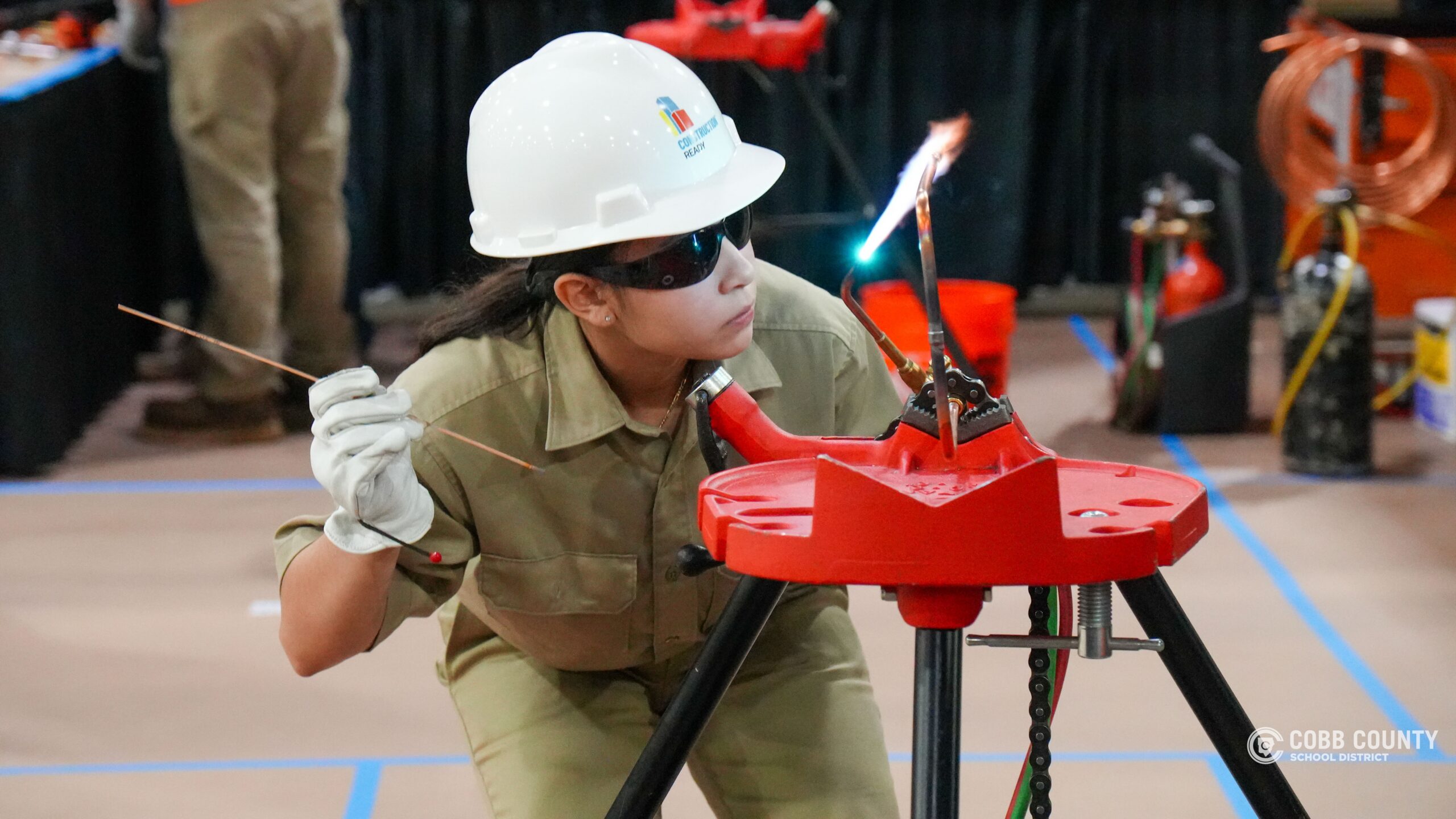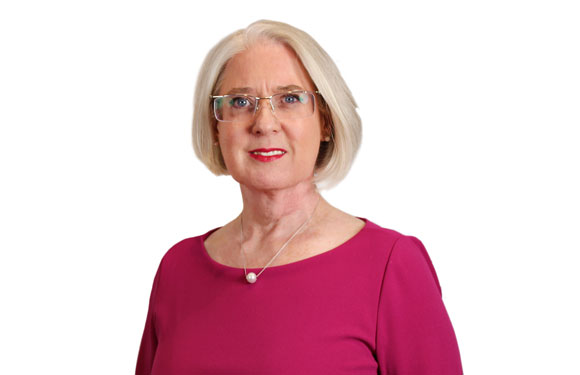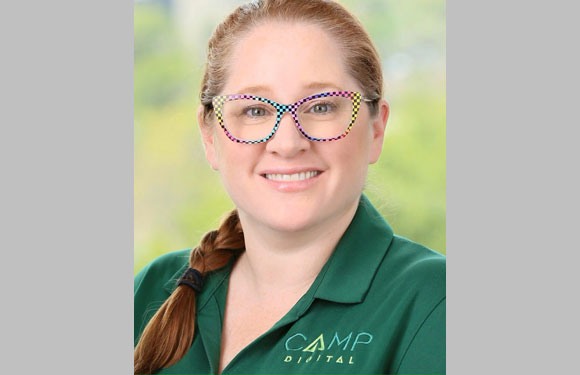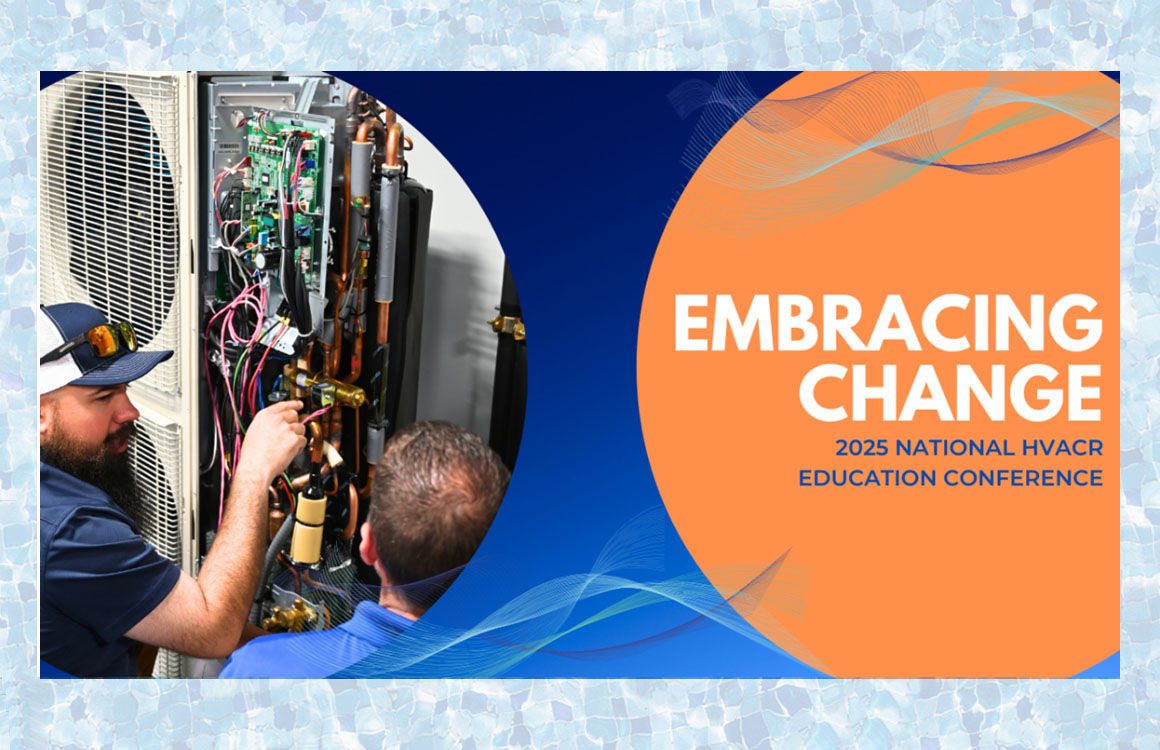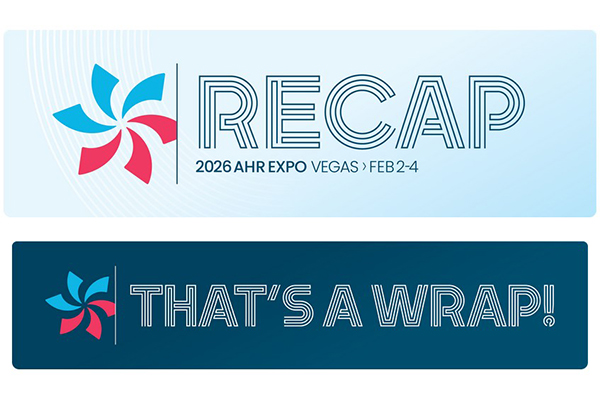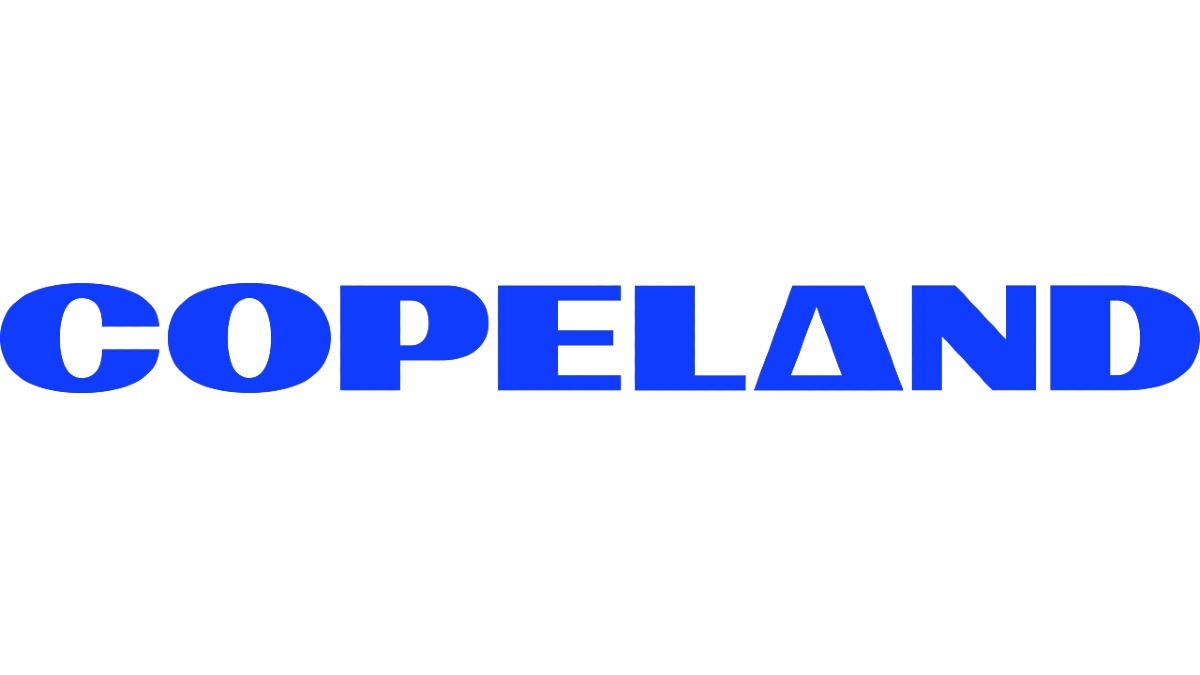
Commercial, Residential
Copeland Unveils YAW and YAV Compressor Platforms to Enable the Electrification of Heating Applications
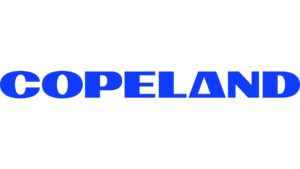 Leading electrification efforts with innovation and new products that help accelerate sustainable heat pump adoption
Leading electrification efforts with innovation and new products that help accelerate sustainable heat pump adoption
Copeland, a global provider of sustainable climate solutions, is launching two compressor platforms, enabling electrification across a wide range of commercial and residential heating applications. Copeland’s YAW and YAV variable-speed compressor platforms help heat pump manufacturers overcome heating capacity challenges in cold climate applications down to -25 °F, supporting the acceleration of sustainable heat pump adoption.
Electrification of space and water heating in residential and commercial buildings has become a key goal of global decarbonization efforts, with recent data estimating that buildings contribute up to 34 percent of global CO2 emissions. Because of their high efficiencies and low carbon intensities, heat pumps have been identified as some of the most viable technologies for replacing or supplementing gas-powered furnaces and boilers.
For several years, heat pump adoption rates have been rising, driven by federal efficiency standards, state mandates to phase down fossil fuels, and homeowner desires to reduce their electricity costs and carbon footprints. Multiple states throughout the U.S. are increasing efforts to electrify and decarbonize, and many local utilities and heat pump manufacturers also offer rebates and incentives to help offset the costs of heat pump adoption. Recent data from the Air-Conditioning, Heating, and Refrigeration Institute (AHRI) states that Americans bought 21 percent more heat pumps in 2023 than fossil-fuel gas furnaces.
A current challenge with heat pumps is their reliance on backup heating systems as a supplement in cold climates, which can add costs and complexities to system designs. The Copeland YAW and YAV variable-speed scroll compressor platforms are engineered to deliver the heating capacities and efficiencies required to meet the U.S. Department of Energy’s (DOE) strict cold climate heat pump (CCHP) standard, which calls on original equipment manufacturers (OEMs) and researchers to partner, develop and commercialize the next generation of CCHPs.
“Copeland is a global leader in helping the residential, commercial and industrial sectors advance heat pump adoption and drive the electrification of HVAC and water heating technologies. Through partnerships with leading OEMs, grants from the DOE, and significant investments in research and development, Copeland is playing an integral role in the development of the next generation of heat pump technologies,” said Mark Bills, vice president and general manager of commercial HVAC at Copeland. “In doing so, we can help OEMs not only meet the DOE’s CCHP technology challenges, but also define the future of sustainable, reliable and economically viable space and water heating technologies.”
Copeland’s new YAV variable-speed scroll compressor platform extends heat pump capacity ranges to help maintain comfort in ambient temperatures as low as -25 F for residential and commercial applications. In part-load conditions, YAV variable-speed scroll compressors modulate to match lower-capacity requirements, avoiding costly stops and starts, which can consume excess energy. In cold climate scenarios, these compressors can overspeed to produce much needed heating capacity. The results of their improved capacity ratio are increased year-round efficiencies in part-load conditions and enhanced comfort in cold climates.
Available in tonnage ranges for both residential and commercial applications, the YAW platform features a multitude of innovations, including scroll enhancements for lower-global warming potential (GWP) A2L refrigerant optimization, a new scroll design to improve heating and cooling efficiencies, and an injection port on the compressor for an enhanced vapor injection (EVI) loop. Its design enables OEMs to precisely inject vapor during the compression cycle while providing subcooling to the refrigerant before entering the evaporator. This can increase heating capacity up to 25 percent and heating efficiency up to 10 percent — which expands heat pump operation in low ambient conditions. This breakthrough will enable OEMs to accelerate the electrification and decarbonization of space and water heating in North America by developing superior performance for residential and commercial heat pumps and water heaters.
Learn more about Copeland’s sustainable solutions and heating electrification efforts at Copeland.com.
About Copeland
Copeland is a global leader in sustainable heating, cooling, cold chain and industrial solutions. We help commercial, industrial, refrigeration and residential customers reduce their carbon emissions and improve energy efficiency. We address issues like climate change, growing populations, electricity demands and complex global supply chains with innovations that advance the energy transition, accelerate the adoption of climate-friendly, low-GWP (global warming potential) and natural refrigerants, and safeguard the world’s most critical goods through an efficient and sustainable cold chain. We have over 18,000 employees, with feet on the ground in more than 40 countries — a global presence that makes it possible to serve customers wherever they are in the world and meet challenges with scale and speed. Our industry-leading brands and diversified portfolio deliver innovation and technology proven in over 200 million installations worldwide. Together, we create sustainable solutions that improve lives and protect the planet today and for future generations. For more information, visit copeland.com.

